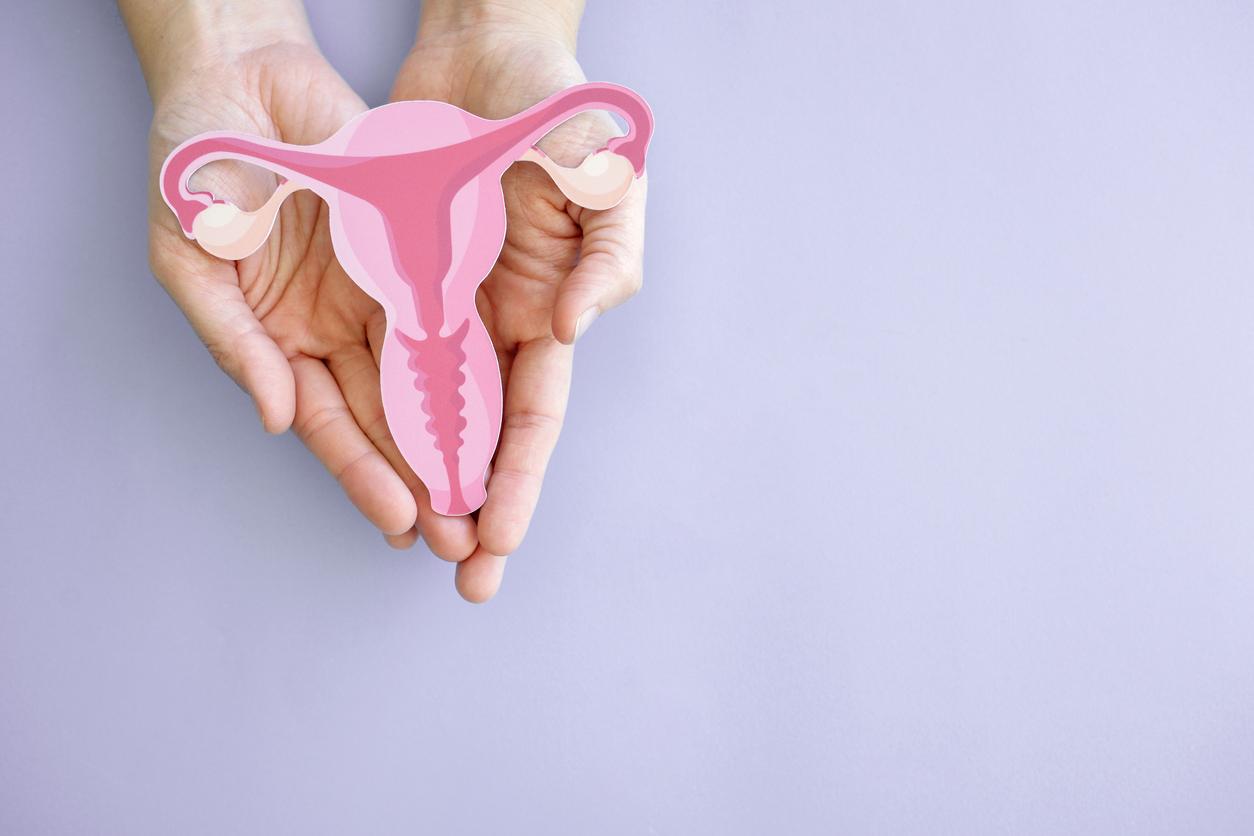Gathered in Lille for their annual congress, the National College of French Gynecologists and Obstetricians has this year wanted to place the patient-caregiver relationship and benevolence at the heart of its new practices. There gynecological consultation is indeed in women what is most intimate. While several cases have shaken the world of gynecology with the “Chrysoula Zacharopoulou affair” in May 2022 or more recently the indictment of gynecologist Emile Daraï for “violence [gynécologiques] volunteers”, the CNGOF returned to certain practices carried out in consultation “often useless”, in particular the pelvic examination.
Gynecological violence: what exactly are we talking about?Since 2014 and under the hashtag #PayYourUteruspatient testimonials are piling up on social networks: women describe brutal examinations (sometimes carried out without prior consent), the use without warning of medical instruments (speculum, ultrasound probe, etc.), remarks sexist and/or embarrassing (“salacious” humour, judgments about weight and/or age…), failure to take pain into account…
In a report published in June 2018the High Council for Equality between Women and Men (HCE) identifies “6 types of sexist acts during gynecological and obstetrical follow-up, some of which are violence“: failure to take into account the patient’s embarrassment, comments carrying judgments on sexuality, dress, weight, the desire or not to have a child, sexist insults, acts carried out without collecting the consent or without respecting the patient’s choice, acts or refusals of acts that are not medically justified, and sexual violence: sexual harassment, sexual assault and rape.
The HCE points out that 3.4% of complaints filed with the disciplinary bodies of the Order of Physicians in 2016 concern sexual assault and rape committed by doctors.
Do we have the right to say no to the gynecologist?
Yes, but here it is: in gynecology, the use of the word “rape” is tricky. Thus, for the National Federation of Colleges of Medical Gynecology (FNCGM), “the word “rape” (which is the legal term for any non-consensual penetration) cannot be accepted by gynecologists. (…) [L’examen gynécologique] is carried out only in a dimension of care, it is never carried out in a desire to harm and is not imbued with any sexual connotation. Talking about rape risks harming the profession but above all, ultimately, the health of women.“
Malaise also at the National Academy of Medicine which, in a press release published in July 2022recalls that “the Penal Code (article 222-23) defines rape as “any act of sexual penetration, of whatever nature, or any bucco-genital act committed on the person of another by violence, constraint, threat or surprise” . It is clear that the gestures mentioned above [examen périnéal avec pénétration ano-rectale digitale (toucher rectal) ou instrumentale pour endoscopie (anuscope, rectoscope ou coloscope), etc.] and carried out within the framework of a medical examination fall outside this definition, insofar as the medical necessity is the justification.”
“A woman who makes an appointment with her gynecologist, comes to the practice, undresses and sits on the examination table implicitly gives her consent to the gynecological examinationanalyzes Dr. Joëlle Belaisch-Allart, medical and obstetrics gynecologist, and president of the National College of French Gynecologists and Obstetricians (CNGOF). However, this implied consent is no longer sufficient today.“
Thus, to pacify relations between gynecologists and their patients, the CNGOF has published a “Charter of the consultation in gynecology or obstetrics“.
First thing to know:a patient has every right to refuse a gynecological examinationsays Dr. Belaisch-Allart. If she does not agree to be examined, the doctor cannot in any case force her to do so!” This clinical examination (which may include “breast palpation, abdominal palpation, vaginal examination with a glove or finger cot, and the use of medical devices such as a speculum or an endovaginal probe“as the CNGOF specifies) is not systematic: “there is no indication in a young woman who comes to be prescribed her first contraception, in the absence of symptoms“notes the specialist.
“If the doctor deems that a clinical examination is necessary (because there are symptoms, pain for example, which may raise the suspicion of a pathology), his role is to explain the situation to the patient: but at the end of the account, if she does not give her consent to auscultation, no examination will be carried out” adds Dr. Belaisch-Allart. Same story at the FNCGM: “nothing should be imposed on the patient, Obtaining consent is imperative” hammers its president, Dr. Isabelle Héron, medical gynecologist.
In addition, the CNGOF specifies that “no pressure, in case of refusal, will be exerted on [la patiente]”, although the doctor will then have to “inform [celle-ci] the diagnostic and therapeutic limits that this lack of clinical examination can lead to“.
Is the pain tolerable at the gynecologist?
Can we ask to stop a clinical examination if it is painful? “Of course !answers Dr. Joëlle Belaisch-Allart. If the examination hurts, the doctor immediately stops : we don’t want to hurt the patient!” Dr. Isabelle Héron’s answer is a little more nuanced: “pain is an alarm bell that can guide the diagnosis. There is no question of hurting the patient, but her pain is a symptom that should not be ignored. Nevertheless, the examination must be stopped if the patient requests it.“
Can the clinical examination by the gynecologist be replaced by another less invasive and/or less inconvenient examination? “Not reallyreplies the president of the CNGOF. The clinical examination is complementary to imaging examinations such as MRI or ultrasound: these are not sufficient, in particular in the case of gynecological pathology (endometriosisFor example).“
“The examination provides information that imaging cannot provide (such as the state of the vulva, vagina and cervix, the mobility of the pelvic organs, the contraction of the muscles or the mapping of the painful areas and the type of pain , or the origin of bleeding or discharge). It also allows the practice of samples (smears, bacteriological examinations)“, further specifies the charter of the CNGOF.
I have (perhaps) been the victim of gynecological violence, who can I talk to?
Do you think you have been the victim of violence orsexist acts” (according to the definition of the HCE) to your gynecologist or to your midwife? You can absolutely file a complaint with the National Council of the College of Physicians.
If this one”does not have disciplinary power“, he “receives complaints lodged against practitioners within its jurisdiction. He proposes a conciliation between the parties, in case of failure he forwards the complaint to the disciplinary chamber of first instance (which sits with the regional council).”
“If you feel uncomfortable at your gynecologist, or if you have the impression that what is being done to you is not normal, start by talking about it with the main person concerned.recommends Dr. Joëlle Belaisch-Allart. Do not hesitate to ask questions ! Ask “why are you doing this?”, “what’s the point, what are you doing?” or “why do you say that?” your doctor, this is often the best way to avoid misunderstandings… and to maintain a relationship of trust with your healthcare professional.“
Sources:
Thanks to Dr. Joëlle Belaisch-Allart, medical and obstetrics gynecologist, president of the National College of French Gynecologists and Obstetricians (CNGOF) and to Dr. Isabelle Héron, medical gynecologist and president of the National Federation of Colleges of Medical Gynecology (FNCGM).


















